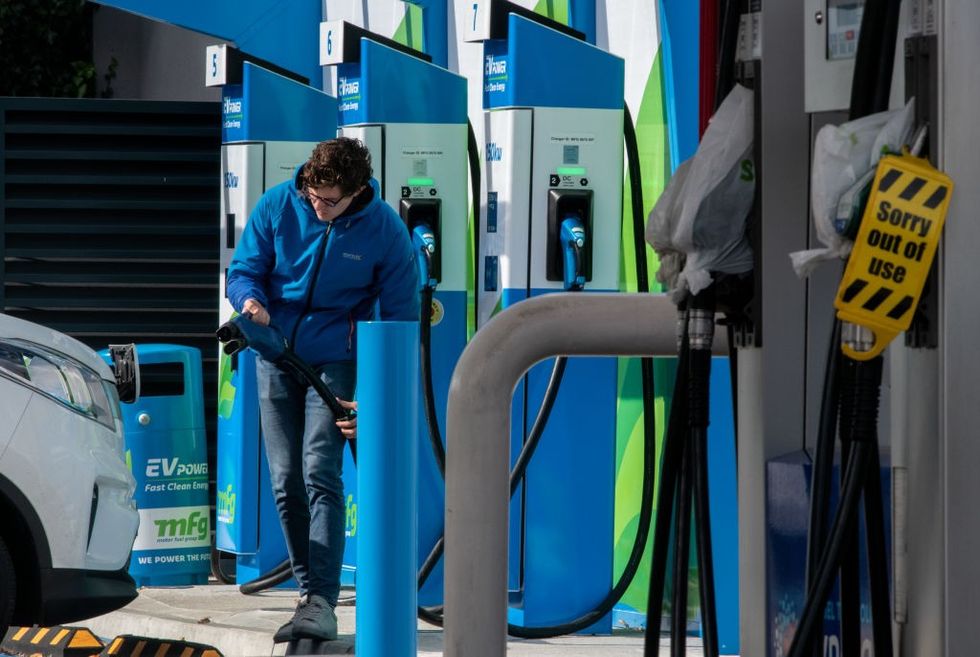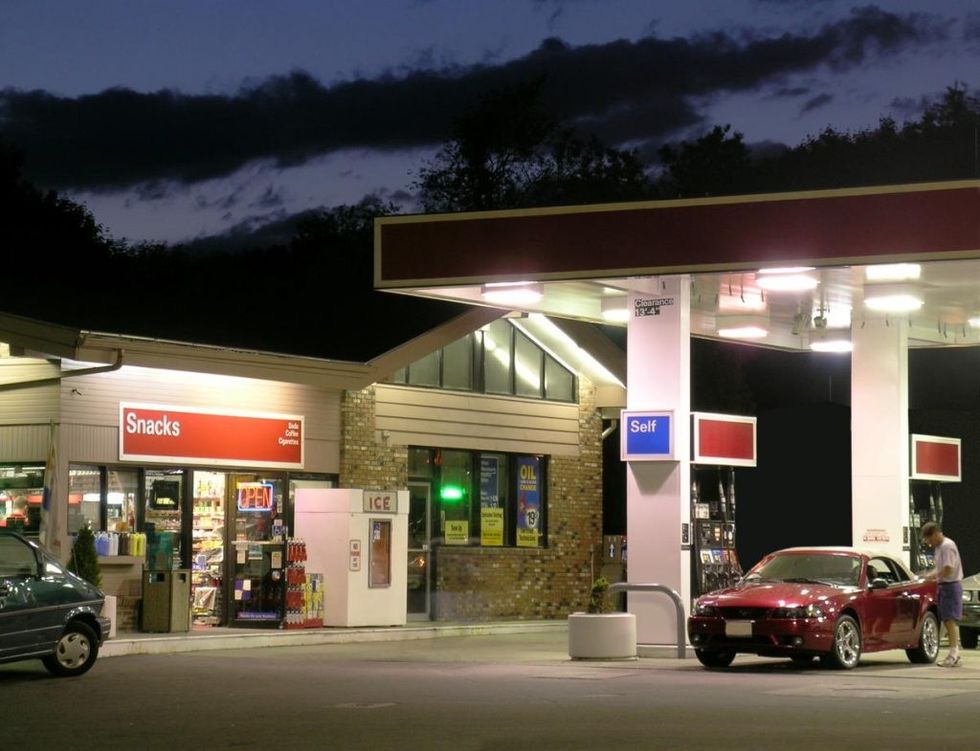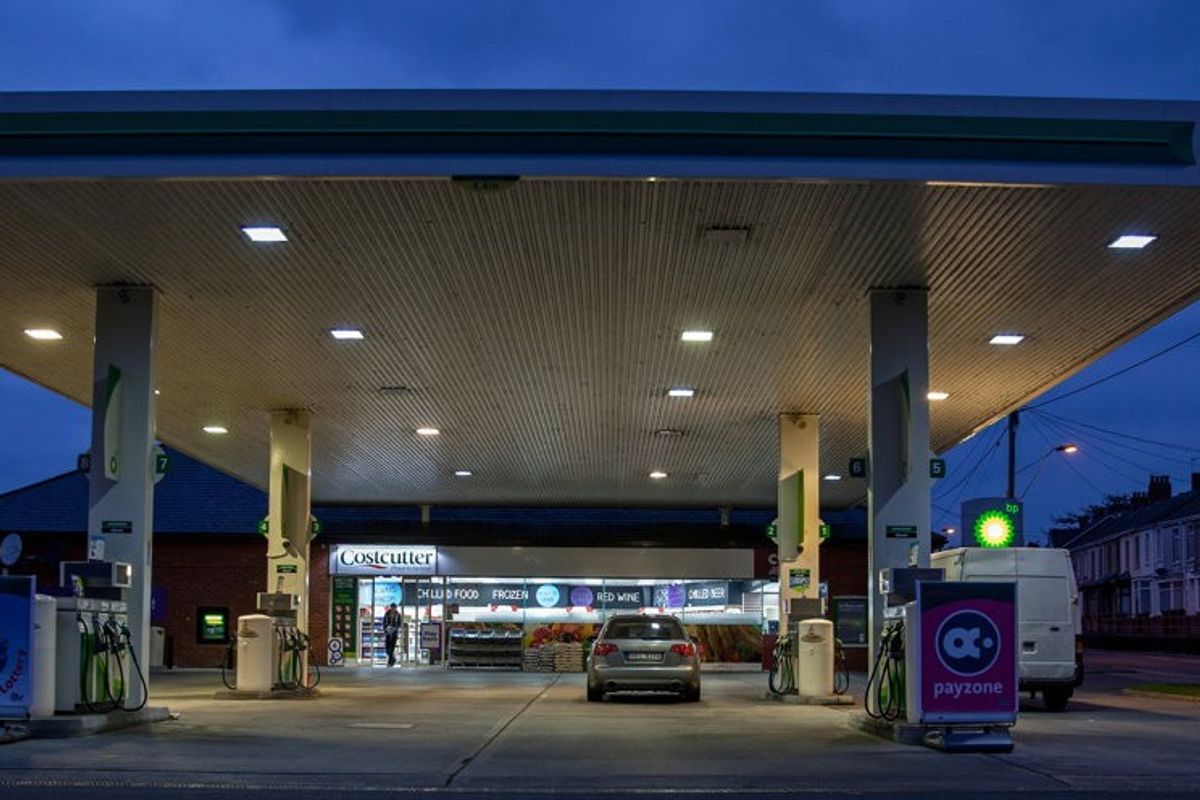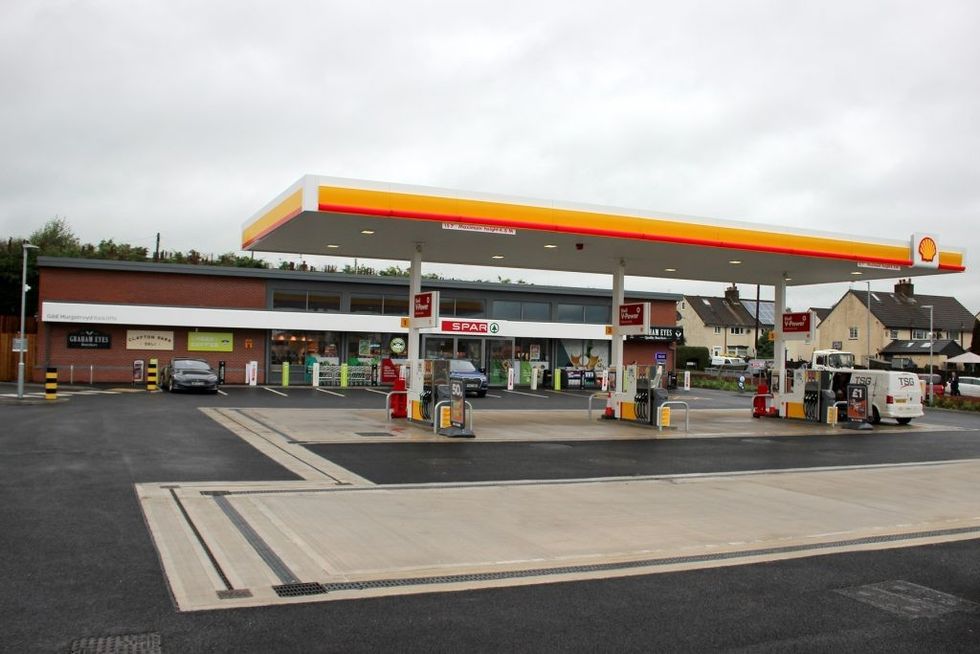It is not just fuel for vehicles – meaning gasoline and diesel – but also heating oil and natural gas that are all affected by supply ruptures due to the conflict in Ukraine, ruptures that will not be repaired anytime soon.
Luckily, changing patterns of commuting since the pandemic mean that some people will be working more from home, saving petrol, but that only means dwellings will need to be heated during the day more than before, draining electricity and gas. Meanwhile, the government’s Net Zero idealism has taken many sources of the UK’s indigenous energy resources offline, while we have become used to relying on supplies from often untrustworthy sources. There really is no way now to avoid an energy crisis that will make 1974 look mild.
Obviously fuel prices will rise and stay high, torn between the forces of moderation, as alternative supplies are found, and upward cost pressures as the true extent of lost sources becomes clear, price competition intensifies, and next winter approaches. Where do we go? As the Irishman said when asked directions to Dublin: “I wouldn’t start from here.”

But what does it mean for convenience forecourts? Interestingly, the outlook is surprisingly rosy, for a number of reasons that Asian Trader discussed this week with Gordon Balmer, the new Executive Director at Petrol Retailers Association Limited (PRA).
Instead of the nation taking to the roads again as pandemic restriction finally wither (at least in England), venturing out for meals and entertainment, going on driving holidays and weekend breaks, what instead looks like happening is an entirely new lockdown, not one caused by a virus but by high prices – as both fuel costs and general inflation encourage the population to entertain at – or close to – home.
This could have positive consequences for forecourts. As Matt Collins, Trading Director at KP Snacks, points out, “We know there is a high demand for premium lines as consumers look to replicate night out experiences in home. 46 per cent of shoppers are more inclined to trade-up to premium food and drink options when dining at home.”
Road range
Gordon Balmer recently took over as Executive Director at the Petrol Retailers Association (PRA), and to get a really expert opinion on the outlook for the nation’s indie forecourts, we asked him to explain how he sees current conditions.
"What we have to deal with at the moment is finished product prices,” he said. “From last week to this, diesel was up over 12p/l and petrol up over 5p/l. The price is reacting, obviously to events.”
Many things could affect prices, including brining more barrels of oil to market if Iran and the USA negotiate successfully.
“That would help somewhat, but it won't help totally, because if you put it into context, the Russians produce about four million barrels a day, and Iran would only be about a million barrels a day. So it's not going to solve the problem.
So what would solve the problem? Last year Asian Trader posed the question, Are Forecourts Electric? (did anybody get the reference?), because we were observing increased sales of electric vehicles (EVs) – there are now about 600,000 on our roads – yet at the same time seeing no comparable advance in the sort of infrastructure, particularly in forecourt facilities, that would make EVs a long-term proposition.
“The overall number of vehicles in the UK, in terms of cars, is roughly 34 million and obviously, 600,000 is still a drop in the ocean in terms of the number of hybrids and EVs,” says Balmer.
“Plus, electrons and hydrocarbons don't naturally mix. You’ve got to have sufficient space outside of the hazardous zones in order to put charging points in [a forecourt]. The other issue is, it's not just about putting the charging point in, it's actually getting sufficient power to power those charging points. And the business model that seems to have evolved is around ultra rapid charging. A few years back, we had a couple of companies talk to our members about renting car-parking spaces and putting 50kWh chargers in. People don't really want to hang around the forecourt longer than probably 20 minutes, so it's got to be rapid or ultra rapid. And the issue is the proximity of the forecourt to the substation. You can get quotes of many multiples of £1000s in order to do the connection between the charging point and the substation. The problem you have there is, what does that do to the business case? That is what is putting a lot of members off.”

In short, there is not very much incentive for retailers to adapt their forecourts – if indeed they are spacious enough to make EV charging possible. It can cost a huge sum to hook up to the national grid, and there is no dependable calculation of return on investment. In fact, a recent report has shown that electrical charging is rocketing in price – logically enough, when electricity costs are spiking.
What it means is the cost of charging a 75kWh battery EV for a range of 370-odd miles (that would be a Tesla), is now more than £30 on rapid charge – cheaper than gasoline, but then the vehicle costs three times as much, so you takes your choice, as they say.
There are currently only around 500 charging points at forecourts in the UK. The government has allocated £620 million to upgrade and increase EV charging points, but the funds are all for charging points on public roads, or grants for householders.
It’s worse than that, explains Balmer: “The anecdotal evidence is that 70 per cent of the charging will take place at home, but the problem you have is only 60 per cent of households with access to off-street parking. What about the people in flats or houses? They’ve talked about putting things like lamppost charging points in, but then you've got all the issues of moving the lamppost to the right side of the curb. Because if you've got cables lying across the curb, that's a trip hazard or you can't have people coming along in wheelchairs or prams …"
Also problematic, he says, is the experience of trying to get a charge for your EV as their popularity increases: “You've got things like SAPMAP, where you can actually see the chargers and whether they're in use or not. But there are other things you've got to take into account. For example, Shell have got a new site up in in Fulham which has ultra-rapid chargers. But the problem there is the electrical ‘bandwidth’”, he warns. “If you go with your ultra modern Porsche Taycan, for example, and you connect up to one of their ultra-rapid charges, and the app says 40 minutes to get to 80 per cent [full], you can be having your cup of coffee, and suddenly the app changes and says it has now become an hour and a half. And the reason for that is because other customers have come in and connected up to the other charging points, and it can only handle so much.”
Has the increase in traditional fuel prices made installing EV charge points a better bet, even bearing in mind that the electricity that charges EV batteries must first be generated from some sort of fuel?
“Our former chairman Brian Madderson addressed retailers at the forecourt summit recently,” Balmer answered, “and he said that if you've got a reasonable amount of land on your forecourt, you'd be better off putting a carwash in – either a rollover or jet washes – because the payback on those and the revenue on those is far greater than putting in charging points. A lot of the manufacturers of carwash equipment are saying they're extremely busy at the moment.”
Apparently many operators of the hand-washes that sprang up in recent years have departed back to their home countries since Brexit, and their absence has been matched by a rising demand from motorists for washing and detailing their daily drives. In fact, if shoppers are coming for a fill-up and a larger, almost weekly shop, they are likely to combine their visit to your forecourt with a wash, polish and vacuum.
New tech is also making the forecourt operation better for both retailers and shoppers: "Self-scanning tills, and electronic point of sale, getting to know your customers a lot more intimately, which you can do by apps,” enthuses Balmer. "Some of our customers have launched their own bespoke apps. You can order product online, so click and collect. There's all these sorts of things now, unlike the old traditional forecourt, just selling a bottle of Coke and a packet of cigarettes as they did years ago. No longer – it's now far more sophisticated. Knowing the customer better, improving basket size ...
"If you actually look at a forecourt as a destination,” says Balmer, “you've obviously got the non-fuel side of it, the shop and the products and services that are available on-site. And then it's about trying to make the forecourt a destination: Why do I want to go to the forecourt?”
Impulse opportunity
Matt Collins chatted to Asian Trader about the increased importance of forecourts as a convenience and impulse opportunity – especially as road trips decrease in number and radius, due to increased fuel costs – and as the Big Night In and enjoying the home with family and friends really begins to take new root in UK culture.
“Forecourt retailers should ensure that they are aware of long-term and new shopper trends in order to drive their CSN sales and encourage customers to do a bigger shop,” says Matt. “Bagged snacks remain a vital driver of growth within Convenience and demand shows no sign of slowing.”
This tallies with what Balmer has been seeing across a range of typical convenience goods. "In fact,” he says, “the percentage rise in sales on forecourts was actually more than in traditional convenience stores. Many of our members have invested over the last few years very sensibly in larger format stores. They've actually got fresh food – food for me, for now, for tonight. So, if you look at the shopper’s convenience mission, the breakfast, lunch and tea, yes they can satisfy all them [at the forecourt]. But they can also satisfy almost a weekly shop as well, because they do have products that people want, at the price points that they're willing to pay. For those members that have invested in their in their shops, that's that's good news.”

With the new E10 unleaded gasoline becoming the standard at Britain’s pumps since September last year, it is even sending shoppers to forecourts more frequently. The uncomfortable fact is that E10, containing up to 10 per cent bioethanol from eco-friendly plant material, is not as explosive or efficient as the old mixture – is in fact a third less energy-dense (and the drop in performance – from 6 to 11.5 per cent, according to What Car? are worst for small, more economical engines). That means more frequent re-fills are required: bad news for motorists, especially now, but helpful for retailers.
Increasing food, drink and household sales has been the trend in independent forecourts for some time, and (luckily?) petrol sales are now less important to profits than grocery in very many forecourts – the fill-up is almost a loss-leader set against the increased revenue from grocery sales.
“For forecourt retailers to grow sales, it is essential to stock best-selling brands in a variety of sizes and price points," says Matt. From KP Snacks’ point of view, with the category a good bellwether for the overall increase in forecourt grocery, Matt adds: “Using the strength of our brand portfolio, we hope to help our retail partners adjust to the dynamic changes across the category by driving sales and footfall. KP Snacks has the broadest portfolio across all segments, with something for everyone and all occasions. Our snacks are consumed by over 20m households and our diverse portfolio has delivered 47 per cent of category growth in the last seven years.”
In addition, the trend for food to go at forecourts is also growing stronger: “Food to Go is a long-term, resilient growth trend, concludes Matt. The category is rebounding with most having now returned to pre-pandemic routines. The increased footfall has continued to boost the Food to Go category.”
Look out for our Food To Go feature in the next issue of Asian Trader – and happy driving!


